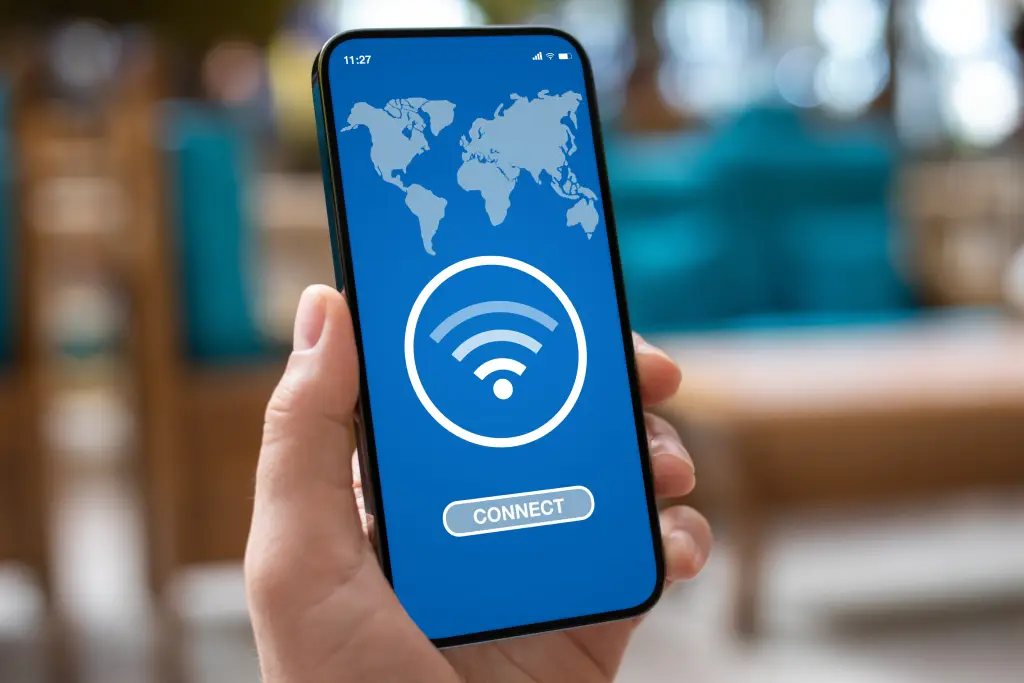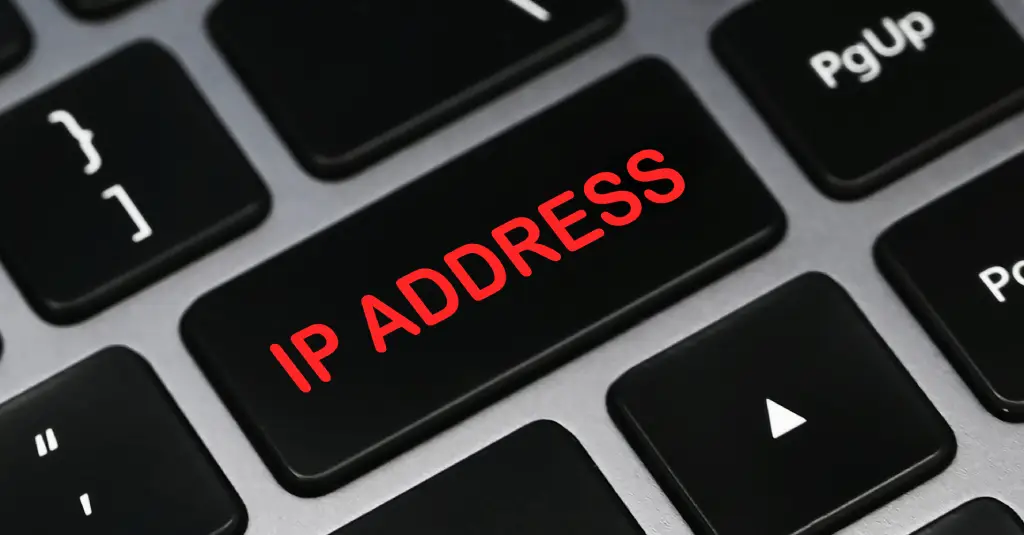Learn how to hide my IP address without VPN using methods like proxy servers, Tor, public Wi-Fi, and more. Protect your privacy online with ease.
In today’s digital age, online privacy is more important than ever. Whether you’re browsing the internet, shopping online, or streaming videos, your personal information is often exposed to websites, advertisers, and even hackers.
One of the most significant pieces of information you reveal is your IP address. Your IP address is like your online ID, revealing your physical location and potentially your identity. For many users, hiding this address is a crucial step in protecting their privacy and security.
While Virtual Private Networks (VPNs) are a common solution to hide your IP address, not everyone wants or needs to rely on one.
So, how can you hide your IP address without a VPN? In this article, we’ll explore several alternative methods to protect your online identity and keep your browsing activities anonymous.
Table of Contents
ToggleWhy You Might Want to Hide Your IP Address
Hiding your IP address can offer several benefits, from protecting your personal information to bypassing geo-restrictions. Here are some reasons why you might consider hiding your IP address:
Security Risks of Exposing Your IP Address
Your IP address can be used by malicious actors to track your online behavior, potentially leading to targeted attacks or identity theft.
Websites can also use your IP address to gather data about you, such as your browsing history, location, and interests. By hiding your IP, you can safeguard your data and reduce the risk of being targeted.
Bypassing Geo-Restrictions and Censorship
Some websites and online services restrict access based on your geographical location. For example, certain streaming platforms might block access to content in specific regions.
By hiding your IP address, you can make it appear as if you are browsing from a different location, allowing you to access content that would otherwise be unavailable.
Avoiding Surveillance and Protecting Personal Data
Governments, internet service providers (ISPs), and other entities often monitor your online activity. If you’re concerned about surveillance or want to maintain your anonymity, hiding your IP address is an effective way to prevent these entities from tracking your actions. Protecting your personal data from prying eyes is crucial in today’s increasingly digital world.
How to Hide My IP Address Without VPN
Now that we’ve covered why you might want to hide your IP address, let’s look at the different methods you can use to achieve this without relying on a VPN.
Use a Proxy Server

A proxy server acts as an intermediary between your device and the internet. When you use a proxy, your internet traffic is routed through the server, masking your IP address in the process. There are several types of proxies you can use, including:
Different Types of Proxies: HTTP, SOCKS, and Residential Proxies
- HTTP Proxies: These are commonly used for basic browsing activities. They work by forwarding HTTP requests to the server, masking your IP address in the process. However, they may not work well for non-HTTP traffic like streaming or gaming.
- SOCKS Proxies: SOCKS proxies are more versatile and can handle a variety of internet traffic types, including HTTP, FTP, and torrents. SOCKS5 proxies are the latest version, offering better performance and flexibility.
- Residential Proxies: These proxies use IP addresses assigned to real homes, making them harder to detect. Residential proxies are often used for high anonymity and to avoid IP blocking.
Use the Tor Network
The Tor network is a popular choice for hiding your IP address. Tor works by routing your internet traffic through multiple layers of encryption, making it incredibly difficult for anyone to trace your activity back to you.
When you connect to Tor, your data is sent through a series of volunteer-operated servers, called nodes, before reaching its destination. This process not only hides your IP address but also encrypts your traffic.
Pros and Cons of Using Tor
- Pros:
- Provides high levels of anonymity.
- Helps you bypass censorship and geo-restrictions.
- Free and open-source.
- Cons:
- Slower browsing speeds due to multiple layers of encryption.
- Some websites may block traffic from known Tor exit nodes.
- Not ideal for streaming or gaming because of speed issues.
Use Public Wi-Fi

Connecting to public Wi-Fi networks, such as those found in cafes, libraries, or airports, can change your IP address since public networks are usually assigned different IPs. However, there are risks associated with using public Wi-Fi:
Risks of Using Public Wi-Fi and Precautions to Take
- Risks: Public Wi-Fi networks are often unsecured, meaning hackers could intercept your internet traffic and steal your personal information. Without encryption, it’s easier for attackers to eavesdrop on your online activities.
- Precautions: Always use a secure HTTPS connection, avoid entering sensitive information like passwords, and use a trusted mobile hotspot if possible.
Use a Mobile Network
Another option for changing your IP address is using mobile data instead of your home Wi-Fi. When you use your phone’s mobile network to access the internet, you are assigned a different IP address than your home network’s.
How It Works
When you connect to the internet via your mobile carrier, you’re given an IP address from a range provided by your carrier.
This IP is usually shared with other users in your area but can still offer some level of anonymity compared to your home IP address.
Use a Smart DNS Service
A Smart DNS service works by routing your DNS queries through a proxy server, effectively masking your IP address.
However, unlike a VPN, a Smart DNS does not encrypt your traffic, which means your data is still visible to your ISP and anyone else monitoring the network.
How a Smart DNS Works
Smart DNS works by changing the DNS servers your device uses to request website data. By doing this, it can make it appear as though you’re browsing from a different location, thus hiding your real IP address. Smart DNS services are typically faster than VPNs but lack the security encryption that a VPN provides.
Comparison of Methods for Hiding IP Address Without VPN
When it comes to choosing a method for hiding your IP address, it’s important to consider factors like security, speed, and ease of use. Let’s compare the various methods mentioned above:
| Method | Security | Speed | Ease of Use | Best For |
|---|---|---|---|---|
| Proxy Server | Medium | High | Easy | Basic browsing, anonymity |
| Tor Network | High | Low | Moderate | Anonymity, bypassing censorship |
| Public Wi-Fi | Low | High | Easy | Quick IP change (risky) |
| Mobile Network | Medium | High | Easy | Temporary IP change |
| Smart DNS | Low | High | Easy | Geo-restriction bypass |
Risks and Limitations of Hiding Your IP Without a VPN
While these methods can help you hide your IP address, they come with their own risks and limitations:
Limited Encryption
Most non-VPN methods, like proxies and Smart DNS, do not encrypt your internet traffic. This means that while your IP address may be hidden, your data is still vulnerable to interception.
Potential for Data Leaks
There’s also the possibility of your real IP address leaking through certain methods, especially when using proxies or Tor. If your connection drops or there’s a configuration issue, your true IP could be exposed.
Security Concerns with Public Networks
Public Wi-Fi networks are inherently insecure, making them a risky option for hiding your IP address. Without proper encryption, your personal data is susceptible to cyberattacks.
Conclusion
There are several ways to hide your IP address without using a VPN, each with its own advantages and drawbacks.
Whether you choose to use a proxy server, Tor, public Wi-Fi, a mobile network, or a Smart DNS, it’s important to weigh the security, speed, and ease of use of each method based on your needs.
If privacy and encryption are your main concerns, Tor or a proxy might be the best options. For faster browsing with less concern for security, public Wi-Fi or a Smart DNS could be suitable.
If you’re serious about protecting your online privacy and need a comprehensive, secure solution, consider using a trusted VPN service like those recommended on vpnpieces.com. They offer high-quality VPNs that ensure your IP remains hidden and your data stays encrypted.
Q&A:
Q: How can I hide my IP address without a VPN?
A: You can hide your IP address using methods like proxy servers, the Tor network, public Wi-Fi, mobile data, or a Smart DNS service.
Q: What are the risks of using public Wi-Fi to hide my IP?
A: Public Wi-Fi networks are often unsecured, meaning your data could be intercepted by hackers. It’s essential to take precautions like using HTTPS and avoiding sensitive activities.
Q: Is Tor a good way to hide my IP?
A: Tor provides strong anonymity by routing traffic through multiple layers of encryption, but it can slow down your browsing speed. It’s great for privacy but not ideal for activities that require fast internet, like streaming.
















